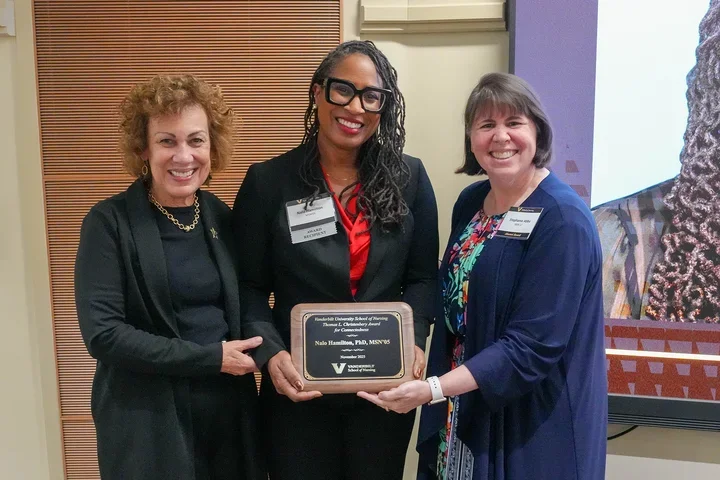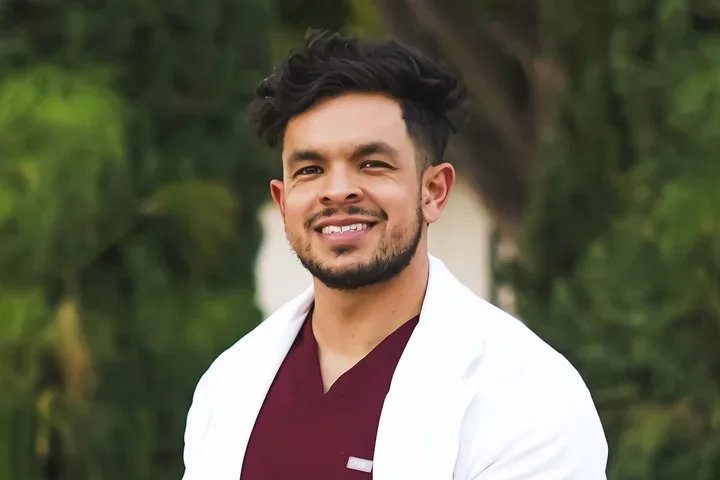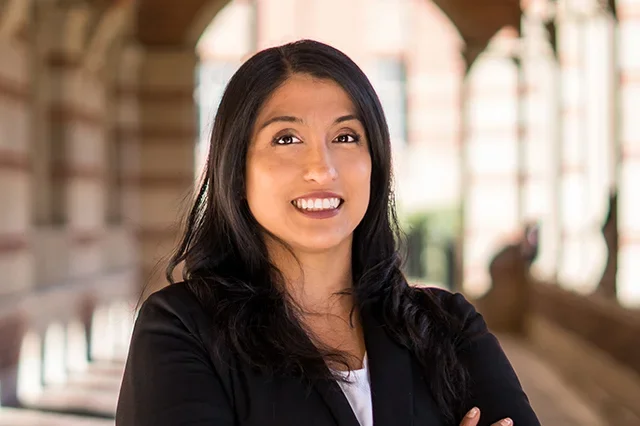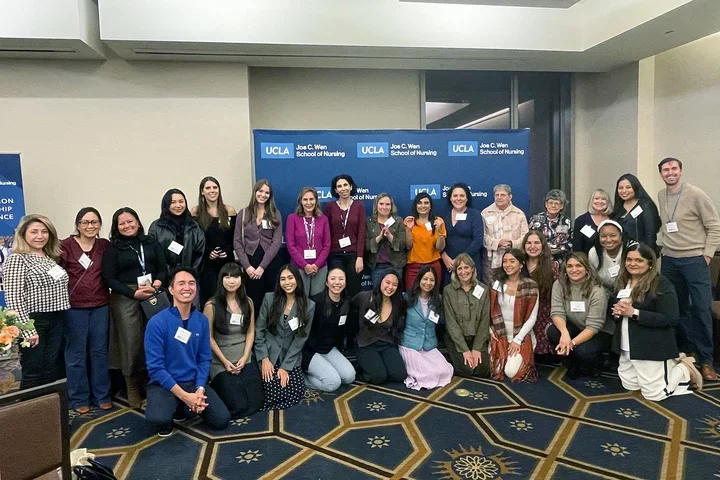Professor Felicia Hodge joins UCLA’s Faculty Mentoring Honor Society
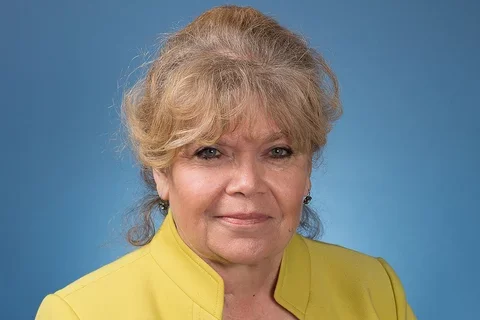
UCLA School of Nursing professor Felicia Hodge, DrPH, has been inducted into the inaugural cohort of the UCLA Faculty Mentoring Honor Society.
Supported by a University of California, Office of The President grant, the Faculty Mentoring Honor Society recognizes UCLA faculty who have given time and effort to the work of mentoring early and mid-career faculty, especially underrepresented faculty at UCLA.
“I have dedicated my career to bring improved health and healing to American Indian communities. Matriculating Native nurses are an important step in this process, as they are the ones working on-site who ensure that adequate health care is accessible and available to all American Indian community members,” said Hodge, who is also a professor in the Fielding School of Public Health. “I am so honored to receive this appointment to the Faculty Mentoring Honor Society and hope to continue recruiting Native Nurses to UCLA and to other colleges to support their education as health care providers.”
Hodge is one of twelve full-time ladder faculty members at UCLA to join this inaugural cohort. According to the notice of appointment, “the work of mentoring is too often invisible and unrecognized, and such faculty contribute disproportionately to mentoring on campuses and deserve recognition. The society honors the mentorship of underrepresented faculty with respect to identities such as race, ethnicity, sexual orientation, gender, and disability.”
A member of the Wailaki Tribe in Northern California, Hodge has devoted much of her work to uplifting American Indian communities across the country. She has served as principal investigator for several large National Institutes of Health-funded research projects focused on American Indian health issues including cervical cancer, nutrition, smoking cessation, breast cancer, wellness concepts, diabetes, cancer pain and self-management. In 2020, she was honored with the Frank C. Dukepoo Award for her work with Native American communities.
